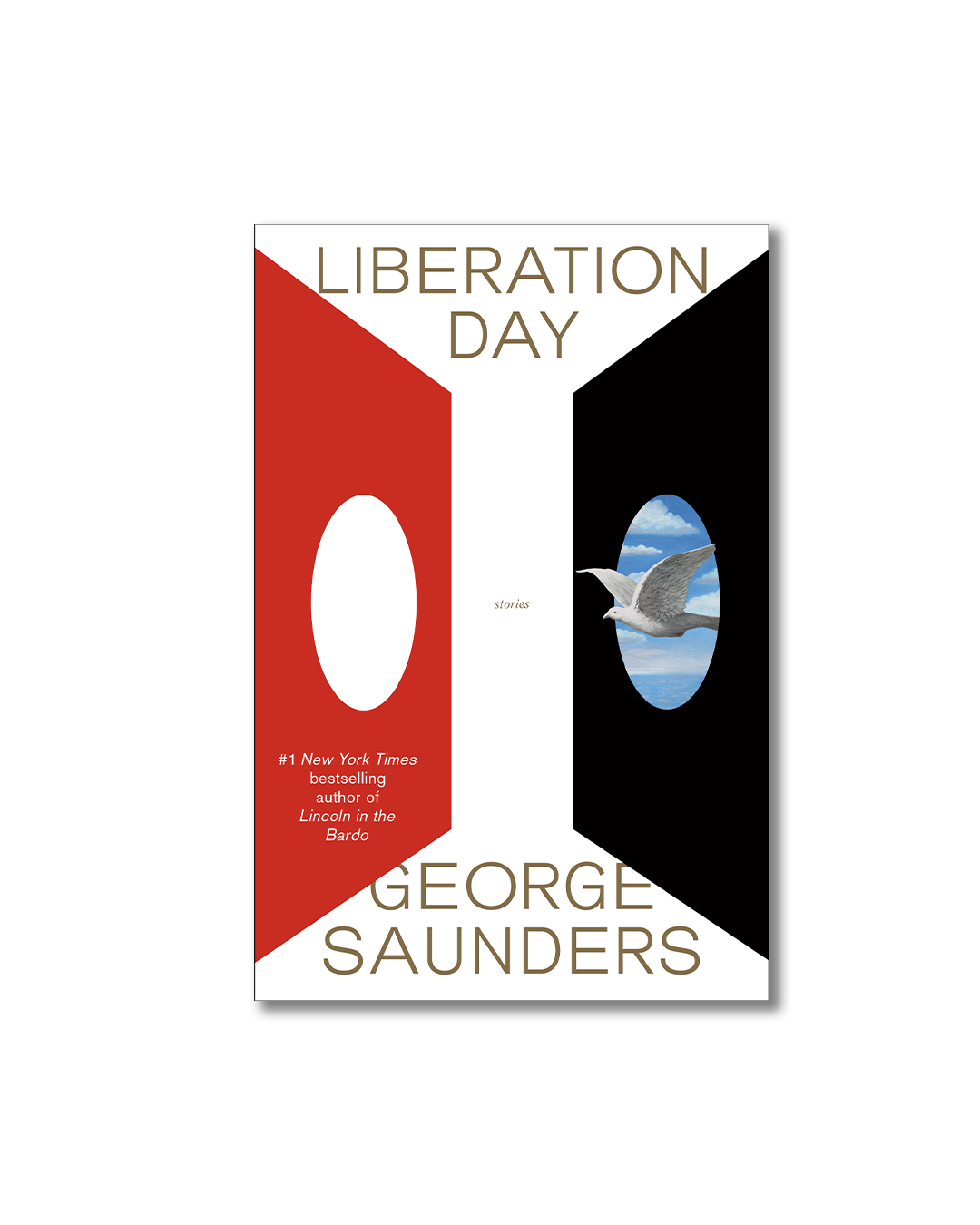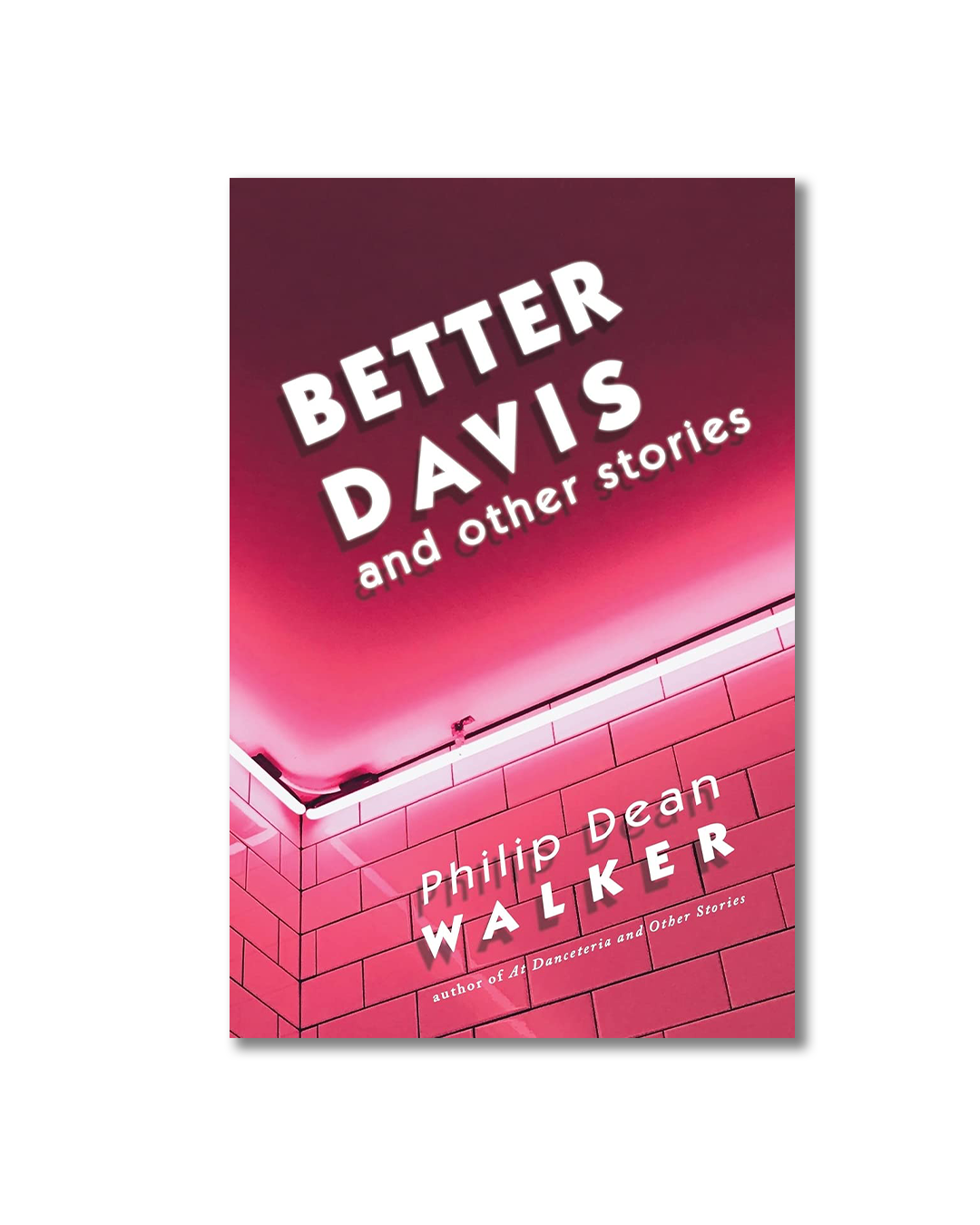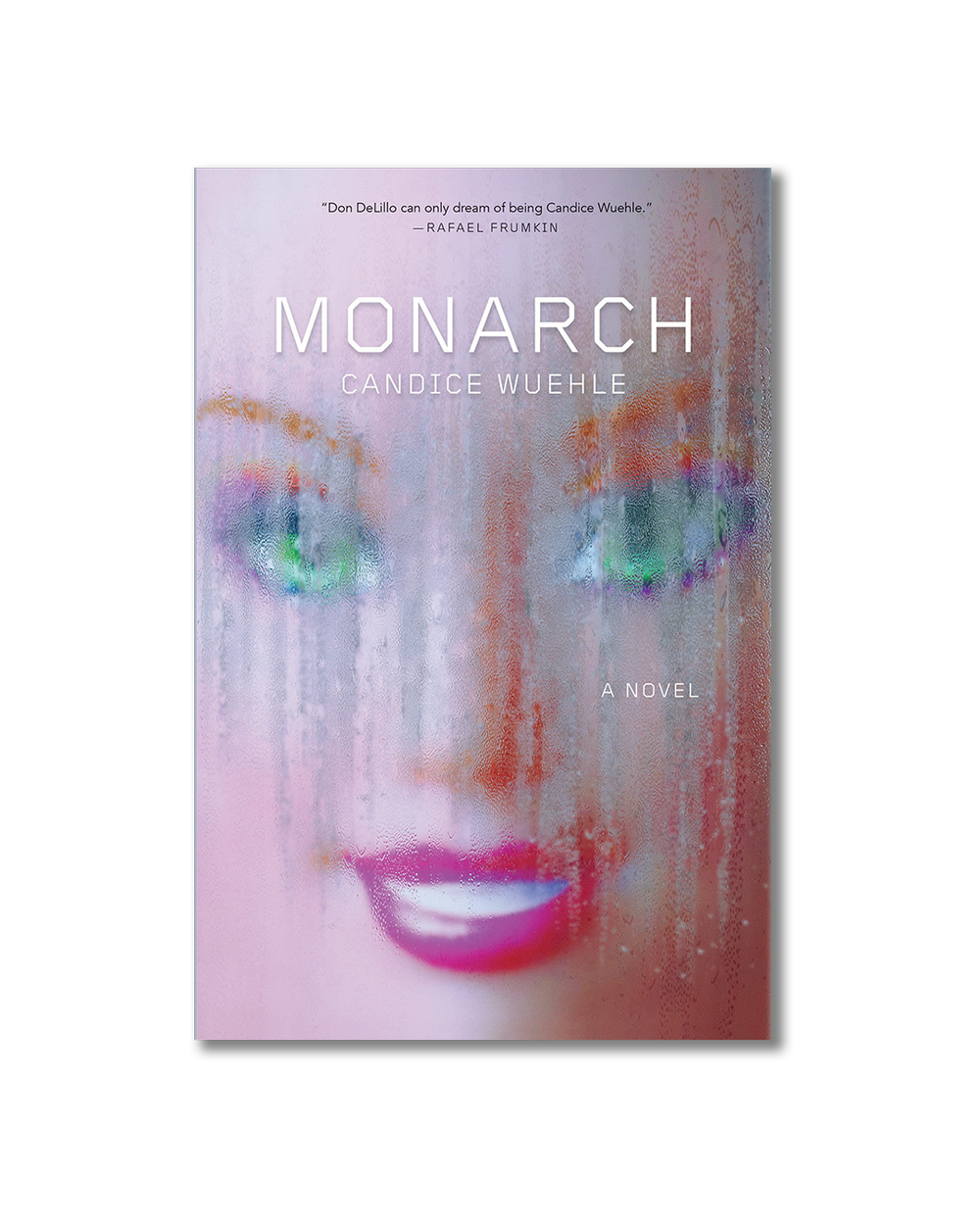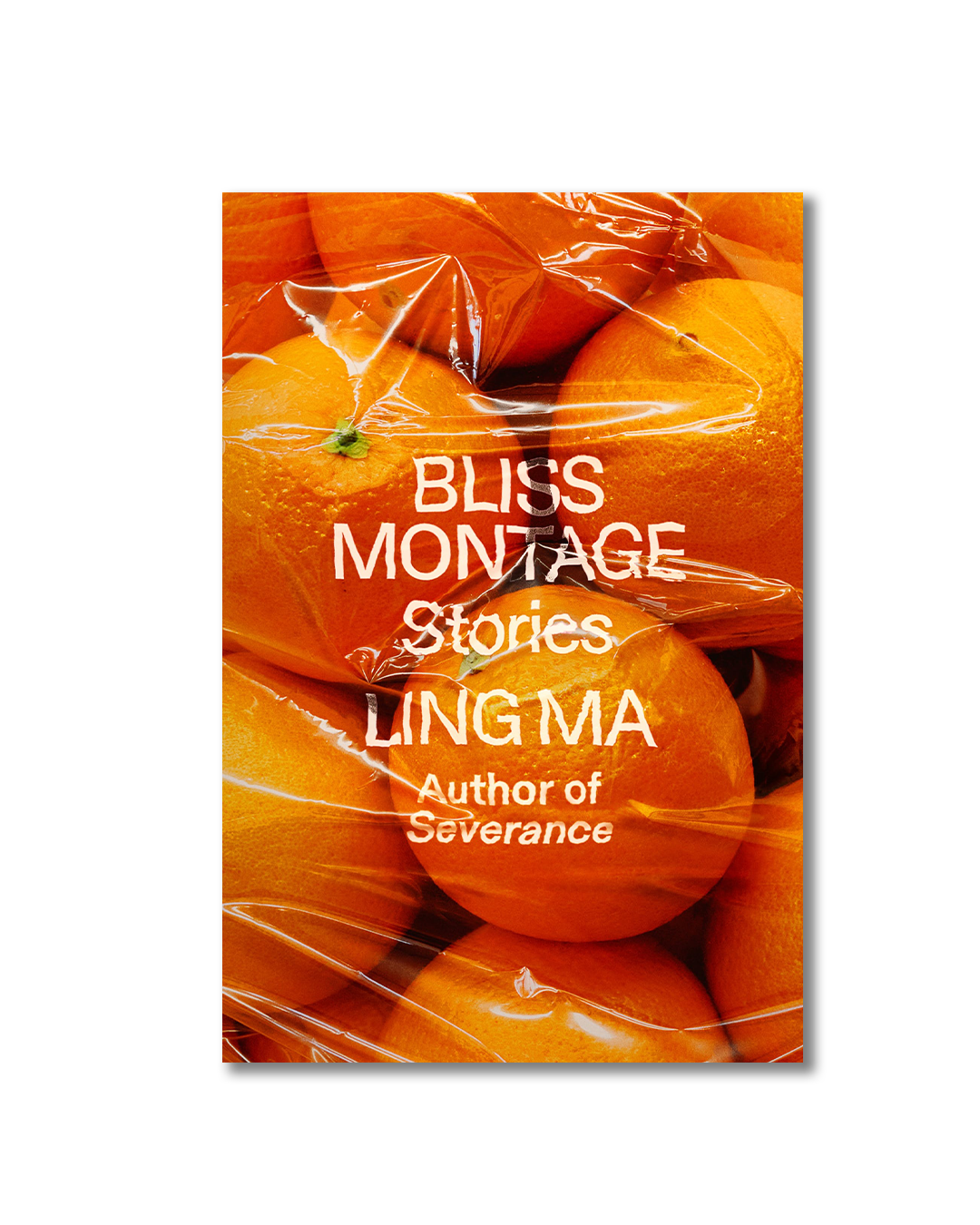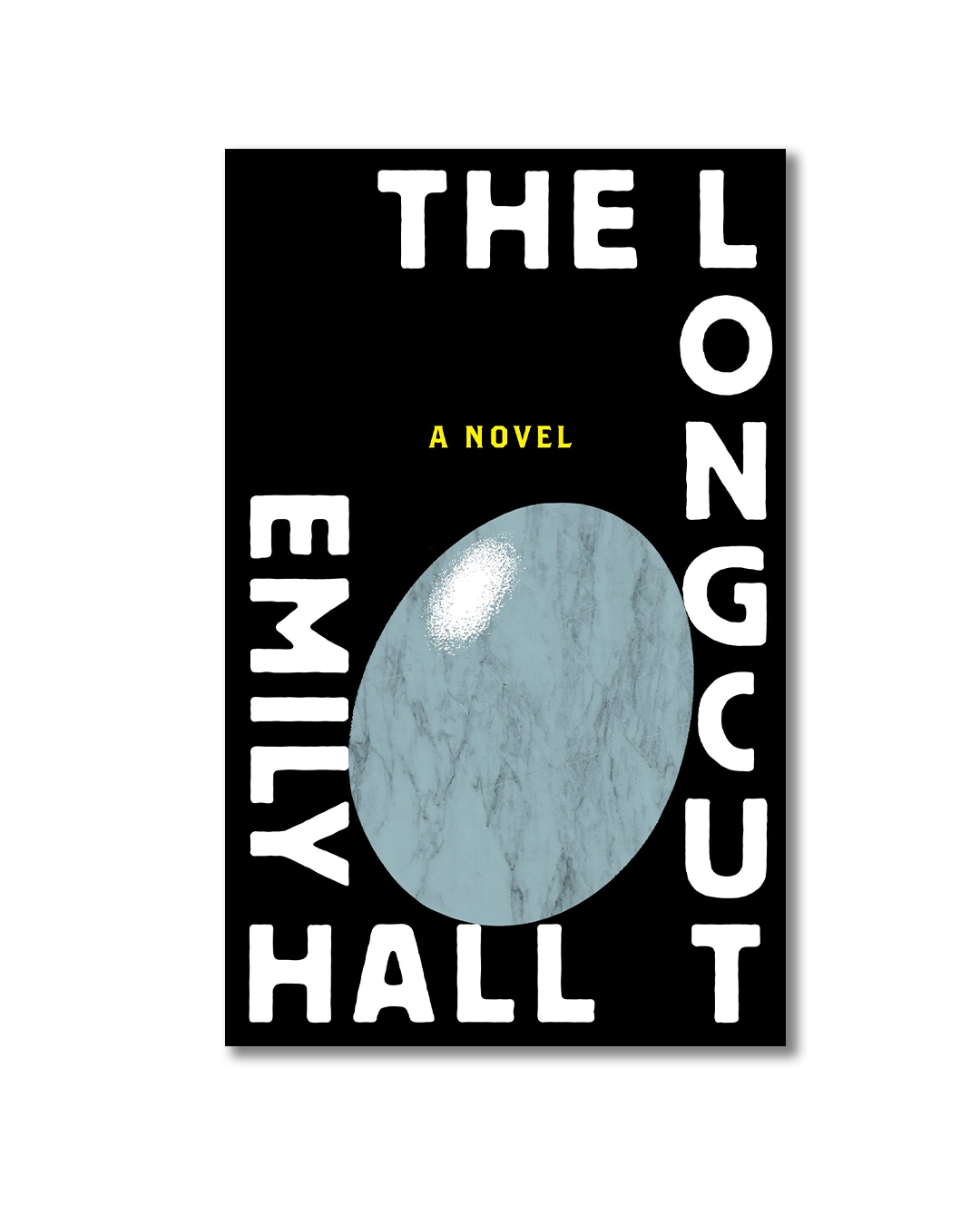Going the Distance: On George Saunders’ “Liberation Day”
Saunders is making a performance of his imaginative jumps, of empathy itself, with an admirable enthusiasm for entertaining us.
Slightly Psychedelic: On Kevin Maloney’s “The Red-Headed Pilgrim”
In 1971 Pauline Kael coined the term “Acid Western,” an expression intended as a pejorative commentary on the stoner crowd that gathered for the midnight showings of Alejandro Jodorowsky’s El Topo.
It’s Not Delivery: Against Frictionless Fiction
Against this backdrop, it was only a matter of time before the gospel of flat design spread to the publishing industry. But what does “frictionless experience” look like in book form?
from “Battle Songs”
21. When you say you’re going home, they ask: To Belgrade?
22. For them, it’s as though this war hasn’t happened.
And yet,
23. There are exceptions.
The Machinery of Waiting: On Grant Maierhofer’s “The Compleat Lungfish”
You have become locked into a perpetual toil; making meaning out of this endless string of similarity becomes a matter of close reading, of overlaying the real with the symbolic and from there identifying surges of intensity.
from “Better Davis and Other Stories”
Jim watched the television in the waiting room of Dr. Mallory’s office while he waited for his test results. Something was playing on a loop on the screen.
Being the Light for Another: On Mieko Kawakami’s “All the Lovers In the Night”
Kawakami reiterates that women can lead a fulfilling life and make fulfilling choices absent of a romantic partner.
How to Kick Down the Door: On Aaron Burch’s “Year of the Buffalo”
The boundaries between what’s true, what’s imagined, and what’s cocreated are as disorienting and disquieting as a buffalo in the living room.
Passion, Edited: An Interview with Frederic Tuten
Since the release of his first novel in 1971, Frederic Tuten has charted a singular course through the comparatively choppy waters of late twentieth-century American belles lettres.
On Masks: With Candice Wuehle’s “Monarch”
Every day, a new uncovering. People, places, and ideas are revealed to no longer be what they’d seemed to be.
Faulkner’s Ghost in The American Novel
There's an inherent bias in our fiction-making against the mysterious, the uncanny (style—not narrative). For all the left-leaning of the literary industrial complex, there's a rampant conservativism in its language.
Childhood Reclaimed: On Hilary Mantel’s "Learning to Talk"
You remember a fragment of childhood horror. You’re on the day camp bus, and your seatmate decides to punch you, hard, in the thigh.
Banned in Belarus: On Alhierd Baharevich's "Dogs of Europe"
Baharevich’s creation is mostly known, if at all, to anglophone audiences through its play-adaptation, which is quite a shame.
Kaleidoscopic Structures: On Ling Ma's "Bliss Montage"
Ma takes these mundane episodes and turns them into dreamscapes of subtly fractured logic and absurd literalism.
Meaning at All: On Emily Hall's "The Longcut"
The resilience needed to seek instead of believe, an author imbibing the world and the self openly, this is what impresses most in Hall’s debut.
A Light Artist
The ambulatory novel—positioned as it is between the flaneurial and the loco-descriptive—is generally a solitary affair.
Minding the Mindless: On Jordan Castro's "The Novelist"
In the early days of the COVID-19 pandemic, Twitter was very excited to share that, under his own quarantine during the bubonic plague, Shakespeare wrote King Lear.
To Articulate that Confusion: On Brad Listi's "Be Brief and Tell Them Everything"
Brad Listi’s novel about a guy named Brad Listi writing a novel opens with a confession: “This book took twelve years to write.”
Mother Tongues: On Yoko Tawada's "Scattered All Over the Earth" & Jessica Au's "Cold Enough for Snow"
Two new books revolve around one place.
It Does Not Give Answers: On Caren Beilin's "Revenge of the Scapegoat"
Caren Beilin’s Revenge of the Scapegoat is a book about desire, community, and family—but mostly it is story about pain and what we do with it.

